Switzerland held a national pre-selection to choose the two songs that would go to the Eurovision Song Contest 1956. It was held on 28 April 1956.

The chanson de geste is a medieval narrative, a type of epic poem that appears at the dawn of French literature. The earliest known poems of this genre date from the late 11th and early 12th centuries, shortly before the emergence of the lyric poetry of the troubadours and trouvères, and the earliest verse romances. They reached their highest point of acceptance in the period 1150–1250.

Georges Charles Brassens was a French singer-songwriter and poet.

Gilles Vigneault is a Canadian poet, publisher, singer-songwriter, and Quebec nationalist and sovereigntist. Two of his songs are considered by many to be Quebec's unofficial anthems: "Mon pays" and "Gens du pays", and his line Mon pays ce n'est pas un pays, c'est l'hiver became a proverb in Quebec. Vigneault is a Grand Officer of the National Order of Quebec, Knight of the Legion of Honour, and Officer of the Ordre des Arts et des Lettres.
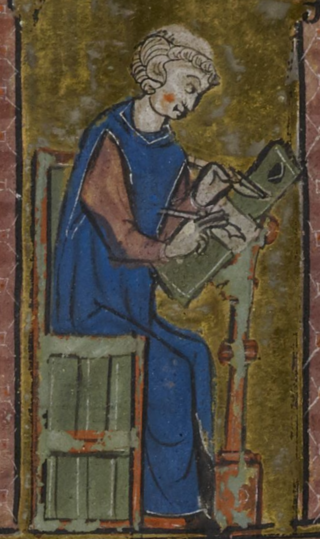
Adam de la Halle was a French poet-composer trouvère. Among the few medieval composers to write both monophonic and polyphonic music, in this respect he has been considered both a conservative and progressive composer, resulting in a complex legacy: he cultivated admired representatives of older trouvère genres, but also experimented with newer dramatic works. Adam represented the final generation of the trouvère tradition and "has long been regarded as one of the most important musical and literary figures of thirteenth-century Europe".
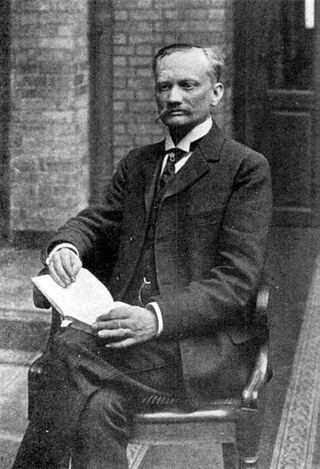
Joseph Bédier was a French writer and historian of medieval France.

Frédérique Hoschedé, better known by the stage name Dorothée, is a French singer and television presenter. She was a continuity announcer on French public broadcaster Antenne 2 from 1977 to 1983, but she is best known for having presented children's television shows like Les mercredis de la jeunesse (1973), Dorothée et ses amis (1977–1978), Récré A2 (1978–1987), and especially Club Dorothée (1987–1997), which totalled up to about thirty hours of broadcast per week and popularized Japanese animation in France.
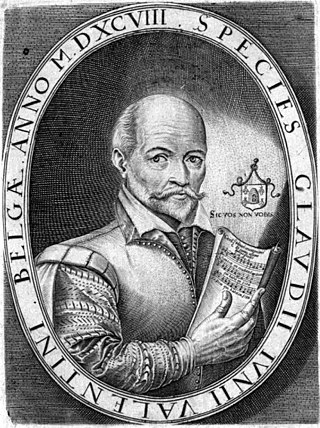
Claude Le Jeune was a Franco-Flemish composer of the late Renaissance. He was the primary representative of the musical movement known as musique mesurée, and a significant composer of the "Parisian" chanson, the predominant secular form in France in the latter half of the 16th century. His fame was widespread in Europe, and he ranks as one of the most influential composers of the time.
Clément Janequin was a French composer of the Renaissance. He was one of the most famous composers of popular chansons of the entire Renaissance, and along with Claudin de Sermisy, was hugely influential in the development of the Parisian chanson, especially the programmatic type. The wide spread of his fame was made possible by the concurrent development of music printing.
Audefroi le Bastart was a French trouvère from Artois, who flourished in the early thirteenth century.

Medieval French literature is, for the purpose of this article, Medieval literature written in Oïl languages during the period from the eleventh century to the end of the fifteenth century.

Gérard Lenorman is a French singer-songwriter.
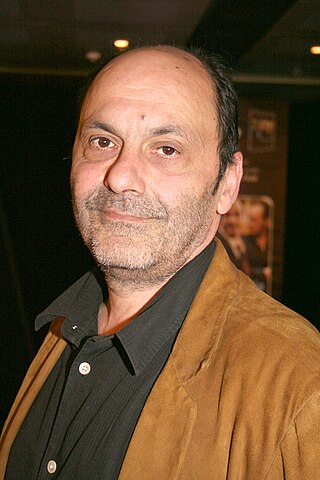
Jean-Pierre Bacri was a French actor and screenwriter.

Pierre Delanoë was a French lyricist who wrote thousands of songs for dozens of singers, including Dalida, Edith Piaf, Charles Aznavour, Petula Clark, Johnny Hallyday, Joe Dassin, Michel Sardou and Mireille Mathieu.

Anatole le Braz, the "Bard of Brittany", was a Breton poet, folklore collector, and translator. He was highly regarded amongst both European and American scholars, and was known for his warmth and charm.
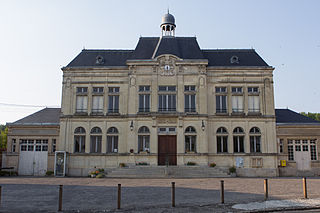
Craonne is a commune in the Aisne department in Hauts-de-France in northern France, northwest of Reims.

Les Compagnons de la chanson were a French harmony vocal group, formed in 1946 from an earlier group founded in Lyon, France in 1941. Their best known song was "Les trois cloches" recorded with Edith Piaf in 1946. Consisting of eight or nine members in the group, they were popular in France, with some success internationally. They performed until 1985 when they disbanded.
The Ensemble Clément Janequin is a French early music ensemble founded in 1978 and specializing in the chansons of the Renaissance and early Baroque.
A chansonnier was a poet songwriter, a solitary singer, who sang his or her own songs (chansons) with a guitar, prominent in francophone countries during the 1960s and 1970s. Unlike popular singers, chansonniers need no artifice to sing their soul poetry. They performed in "Les Boites à Chansons" which flourished during those years. The themes of their songs varied but included nature, love, simplicity and a social interest to improve their world.














